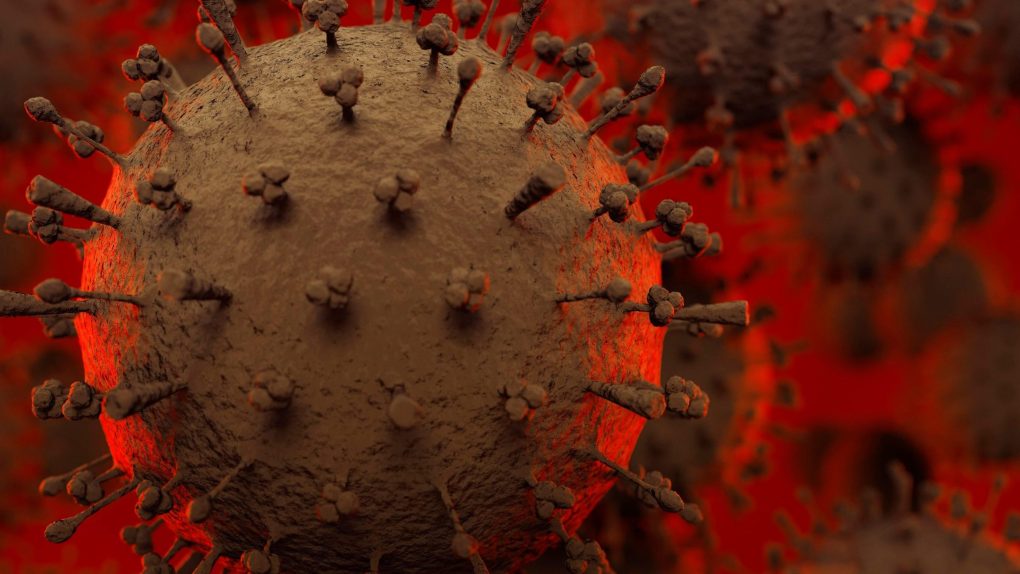When you’re living in a remote, isolated environment, things like bacteria and viruses can wreak havoc in a very short period of time. The International Space Station definitely qualifies as being remote and isolated, so when a pair of bacteria species were detected in a water dispenser onboard the space station, scientists wanted to know how big of a risk they may pose.
The bacteria that were detected in the water system are similar to those known to cause infections, but only in rare cases. The fear, of course, was that the bacteria may have changed or mutated into strains that were more difficult to deal with, thereby posing a serious threat to the crew. As a new paper published in PLOS ONE explains, that’s not the case.
Upon discovering the bacteria years ago, researchers collected samples of them in the hopes of learning more about them. Learning how the bacteria differ from those on Earth can go a long way to determining just how dangerous they are, and since ISS residents are incredibly vulnerable in space, this was incredibly important.
The good news is that the bacteria species that had mysteriously popped up in the water dispenser aren’t actually any more dangerous than similar bacteria living on Earth. Obviously, the International Space Station crew would prefer that there be no bacteria in their water system, but it is a significant comfort to know that there are no mutated super bacteria chilling out in the orbiting laboratory.
Recent studies have revealed the space station to be packed with all manner of bacteria. Scientists have debated whether or not this is a bad thing, though because humans carry many bacteria on their bodies naturally, the spread of such microorganisms to the ISS is indeed inevitable.








